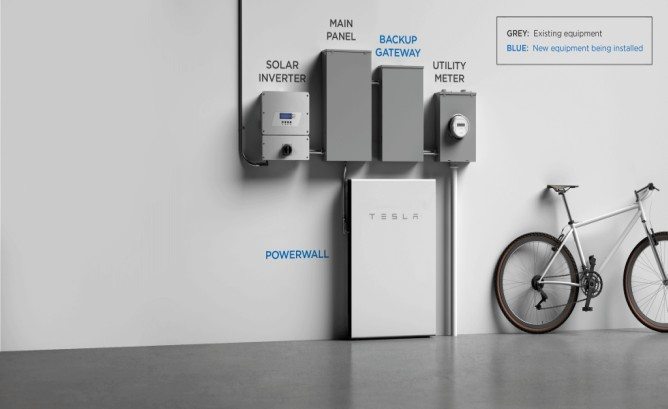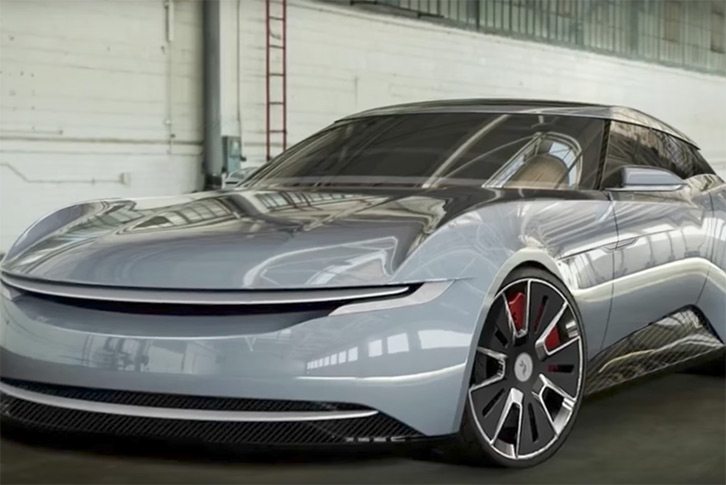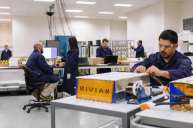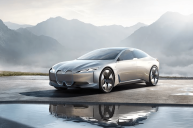Here is a recap of top September/October news stories in the hybrid and electric world.
With China's strict 2020 mandates and increasing competitiveness creating downward pressure on all automakers to scale, develop partnerships, and convert future models to EV within the next decade, the industry has never looked stronger.
Green Commuter hits Los Angeles
Green Commuter, a Los Angeles-based cleantech startup, launched the first all-electric car sharing service this month. The app allows users to rent electric vehicles by the hour or day, with Nissan Leaf's and other EVs available in four Los Angeles pickup locations.
Proprietary technology offers users a look into supporting data with GPS features and driving behaviors.
The move is an effort to reduce L.A.'s notorious traffic congestion and improve air quality. In 2016, Green Commuter successfully launched a similar yet smaller 20-car program in Chattanooga.
Alcraft Motor Company and British Electrification
The British are stepping up their EV game with the introduction of the Alcraft GT, a sporty concept running three electric motors for 600-horsepower with a 300-mile range and a 0-60 time of 3.5 seconds.
Its futuristic dimensions are to die for, with a large glass roof and wraparound cabin dashboard in an ode to the Byton, a similar new concept made in China.
The project is run by the Alcraft Motor Company, a British electric startup that hopes to bring the Alcraft GT to production by 2019.
Tesla and Puerto Rico

Tesla
In response to Hurricane Maria, electric vehicles king Tesla sent hundreds of its Powerwall battery systems to Puerto Rico to be installed by on-the-ground employees in deficient areas. At one point, up to 97 percent of Puerto Rico's 3.4 million population were without power with a six-month timeline.
The Powerwall is an at-home battery pack that works with solar panels to fuel a home, using varying KwH output depending on the size of the house and number of rooms. With a $6,200 starting price and up to $2,000 in installation costs, this is an excellent deal for Puerto Rico.
EasyJet Planning Electric Planes
A collaboration between low-cost European airliner easyJet and U.S. zero emissions research firm Wright Electric will oversee the development of the first electric commercial airplane.
Initially, it will support short routes of up to 335 miles before the project advances in stages to eventually accommodate a 120-passenger plane. According to Wright Electric, electric planes will be 50 percent quieter and 10 percent cheaper than traditional aircraft, the first step towards reduced fares.
We can all dream!
NEXT: THE ABSOLUTE BEST STATES TO BUY A NEW CAR IN




